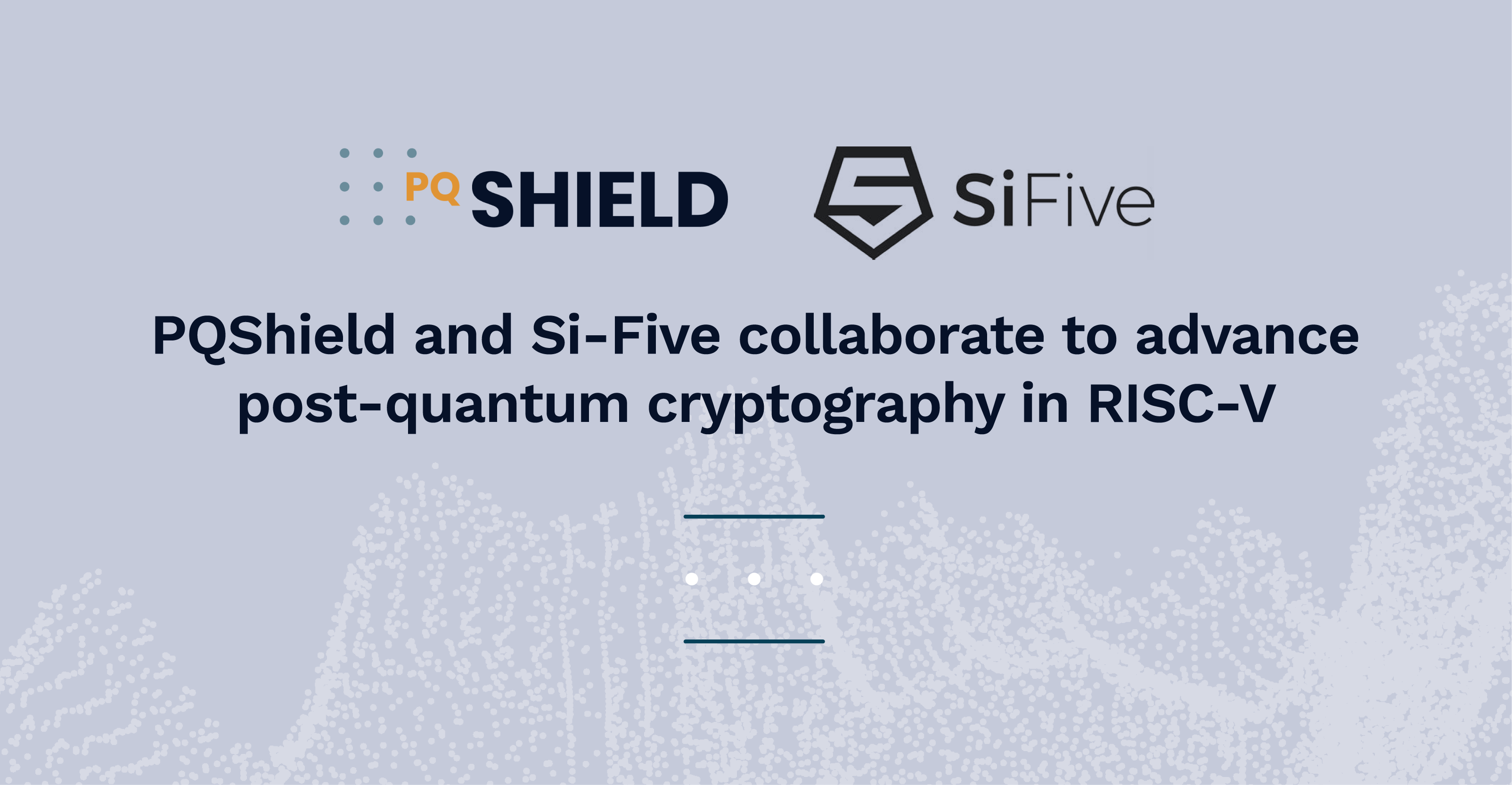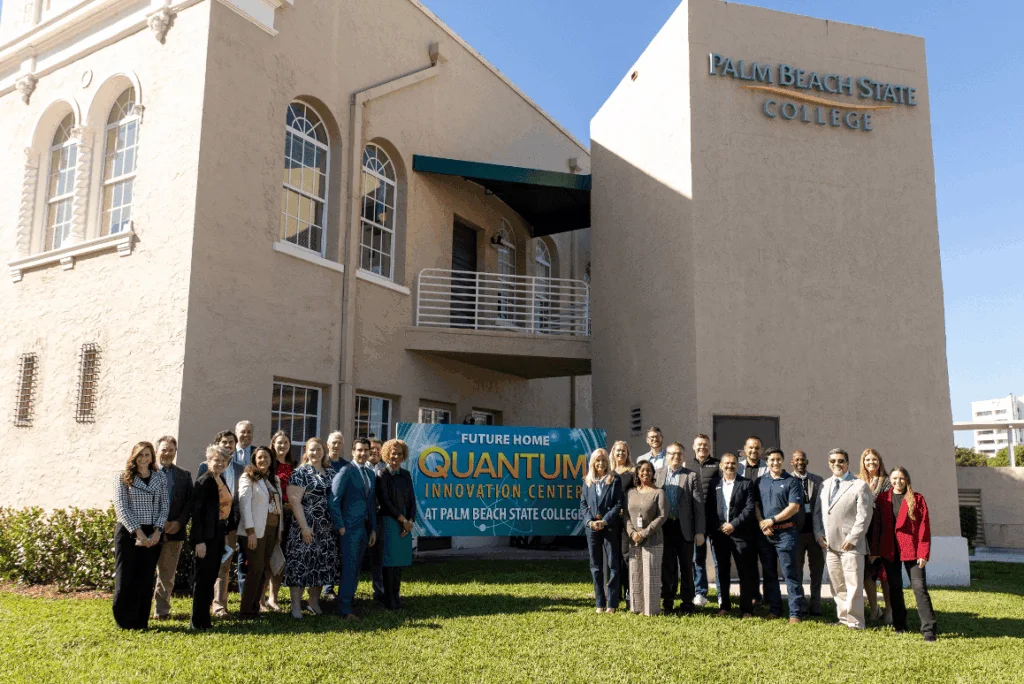Insider Brief:
- PQShield announced that its secure SCA-protected coprocessor, PQPlatform-CoPro, will be integrated with SiFive’s Essential Core range of CPUs.
- The partnership will also port PQShield’s cryptographic libraries to SiFive’s Vector-enabled Performance P470 CPUs.
- This aligns SiFive processors with NIST’s new standards for post-quantum cryptography.
PRESS RELEASE—PQShield, a leading quantum-safe cryptography provider, and RISC-V processing pioneer SiFive have partnered to deliver post-quantum cryptography on SiFive’s Essential and Performance high-performance processor families, protecting critical aerospace, consumer, defense, and automotive systems from quantum attacks and accelerating the adoption of NIST post-quantum cryptography standards on RISC-V technologies.
Powerful quantum computers are soon expected to be able to easily crack the current encryption standards used to protect software and hardware applications globally. This also presents the immediate threat of “harvest now, decrypt later” attacks (where attackers steal data today, to crack into later with a quantum computer). As governments and institutions prepare for the quantum threat, a new cybersecurity benchmark has emerged through NIST’s standardization of post quantum cryptography (PQC) algorithms, which are designed to resist quantum attacks.
To ensure they are leveraging the best security and staying one step ahead of the hackers, hardware and software manufacturers are migrating their products to PQC encryptions in line with NIST’s new standards for post-quantum cryptography.

RISC-V is rapidly emerging as the system architecture of the future, crucial to sectors as diverse as IoT, aerospace, defense, and automotives that increasingly require greater compute density and to handle greater workloads. There is a need to modernize RISC-V cryptography to ensure it can operate in these harsh environments in a quantum-safe manner that is secure and cost-effective – without diminishing speed or performance.
Integrating PQShield’s PQPlatform-CoPro technology with SiFive’s Essential RISC-V processors overcomes this challenge and delivers the highest level of protection and trust for automobiles, consumer devices, and defense and aerospace applications. The combination of PQShield’s cutting-edge security IP and SiFive’s world-leading processor IP yields a future-proof hardware security solution that can be deployed immediately to establish a quantum-resistant hardware Root-of-Trust – arguably the foundation of any secure system, and recently determined the highest priority use case by the NSA.
As a result, product designers leveraging SiFive’s RISC-V processors can build products that comply with NIST’s recently published standards for post-quantum cryptography without compromising performance or lifecycle.
This partnership will also allow PQShield’s cryptographic libraries to utilize RISC-V vector extensions for the very first time. Through this, developers can maintain post-quantum protection while taking advantage of the performance benefits of RISC-V vector extension implementations in SiFive Performance P470 CPUs.
Graeme Hickey, PQShield’s VP of Engineering, said: “Partnering with SiFive is a perfect match for PQShield as we co-authored NIST’s PQC standards and have contributed extensively to the RISC-V instructions extensions for cryptography. SiFive is revolutionizing RISC-V computing with its high-performance processors, and we are proud to partner with them to protect the aerospace, military, automotive, and consumer device technologies they are powering and help RISC-V innovators stay one step ahead of the attackers.”
Yann Loisel, Principal Security Architect at SiFive, said: “Implementing post-quantum protection is a major step for our Essential and high-performance processors and a strong benefit to our customers. This collaboration ensures that designers of RISC-V vector extensions will be working with the latest generation of cybersecurity. We’re pleased to help the growth of PQC across the RISC-V community ahead of the publication of NIST’s standards.”












